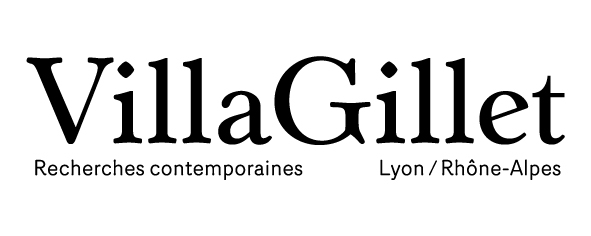Hedonism (Adam Thirlwell)
Whenever I think about novels, I think about pleasure. For me, the novel is the most complicated, and most enjoyable, experiment with pleasure.
The hedonism of the art of the novel takes three forms: a) the hedonism of the novelist, b) the hedonism of the novel-reader, and c) the hedonism of the character.
The novelist’s form of hedonism is motivated by fidelity to the spirit of the non-serious. The seductions of the theological, or the political – all the everyday absolutes – are resisted in the name of a more zigzagging dedication to pleasure. Instead of absolute truths, the novelist delights in relativity, in the freedom of absolute accuracy.
As for the novel-reader: the reader’s hedonism is an upside-down version of the novelist’s. This kind of reading is not intent on information – the everyday certainties. No, the reader as hedonist enjoys a novel’s intricate play of form, its thematic inversion of ideas: its infinite horizontal detail.
But then, there are so many obstacles to pleasure! And pleasure, in the end, is the only concern of any novel’s characters – so long as one remembers that pleasure is so difficult to define, so endless in its ingenuity. In the characters of Stendhal, of Kafka, of Hrabal – and other novelists I love – the characters are ingenious at discovering triumph where no one would expect to triumph: in the utter obviousness of their defeat. There can be a pleasure in failure: that is one way of defining what we mean by the comic. Everyone makes do with the freedom they can discover.
And this, I think, is the central aspect to the novel’s philosophy of hedonism – for the novelist, and the novel-reader, and the novel’s characters. Pleasure is unexpected. It will make do with anything.
So in some ways this definition of the novel’s hedonism requires another definition: its secret twin. For where else is this omnivorous ingenuity found, where else is real life suspended in this inverted way, if not in the playful seriousness of the erotic?
Pour citer cette ressource :
Adam Thirlwell, Hedonism (Adam Thirlwell), La Clé des Langues [en ligne], Lyon, ENS de LYON/DGESCO (ISSN 2107-7029), juin 2014. Consulté le 17/10/2025. URL: https://cle.ens-lyon.fr/anglais/litterature/entretiens-et-textes-inedits/hedonism-adam-thirlwell-



 Activer le mode zen
Activer le mode zen

